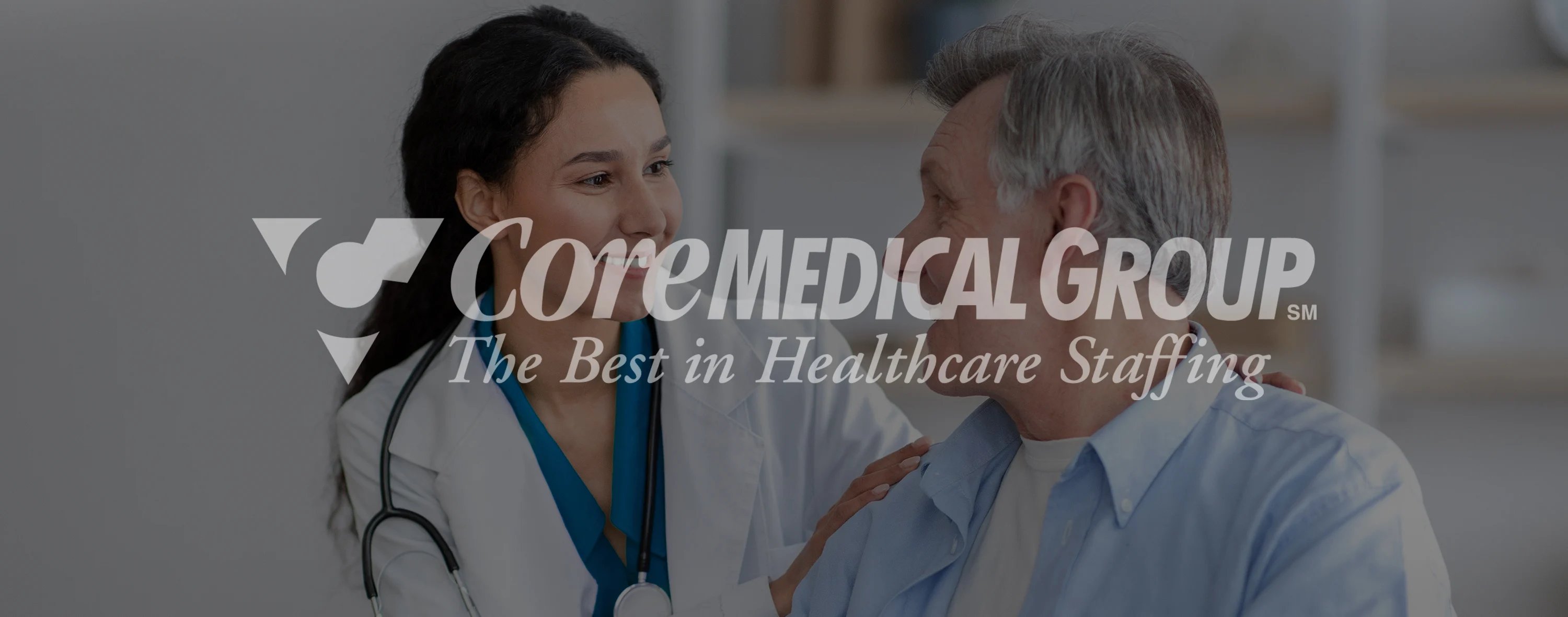
Like with any goal, whether it be speech-related or personal, we are much more successful in achieving the goal when the parameters and tasks are clearly laid out, with measurable terms, and in a specific context. Yet in a field as vast as speech pathology you will find that there are many different ways goals are expected to be written, depending on whether you are in a medical or educational type of facility. How you write effective goals can affect how you carry out treatment towards those goals.
Having spent the past 7 years in private practice, serving school districts and private health insurance companies, I have had to be very careful about how my goals are worded. It’s not uncommon to have your patient be denied coverage because of the way you worded the goals. It is incredibly frustrating when you know how necessary treatment is for this patient, yet if it’s not clearly conveyed in your goals, you run the risk of getting denied.
So here are some basic but important tips to writing goals that are medically based if you find yourself in a medical facility, or for a private agency that bills through insurance companies.
1. Relate it back to the underlying medical condition
If you work in a medical facility or a private practice that bills out to insurance companies, your goals must reflect a medical need that if gone unmet will hinder the person’s safety or functionality in their everyday life. This can get tricky when you have a client with an articulation, cognitive, or language disorder that doesn’t seem very medically based. How do you put that into medical terms? This one always got me tripped up in my first few years, so let me provide a few examples so you see what I mean.
ARTICULATION:
Not medical: The patient will produce /r/ at the sentence level independently with 90% accuracy.
This goal does not specify what underlying medical condition is contributing to their speech sound distortions in the first place. Yes, you may want them to be able to produce a specific sound, but the motor and muscular mechanism that allows the person to perform that task is what you want to focus on. You have to be able to clearly state WHY this treatment is medically necessary.
Here’s how it should sound:
The patient will demonstrate an independent base of tongue elevation dissociated from lips and jaw to produce 20 understandable and functional productions of /r/ at the sentence level related to basic medical and personal needs.
Now we understand that it’s the motor act of coordinating this specific and complex lingual movement, rather than saying a sound the right way.
EXPRESSIVE LANGUAGE
Not medical: Patient will produce a sentence given a topic/word in 9/10 trials with min cues.
*In reading this my first question is what’s the point of them producing a sentence about a topic word, that almost sounds like a vocabulary goal in a school setting.*
Here’s how it should sound:
The patient will demonstrate adequate verbal expression of (situational/biographical/environmental) information independently with 80% given min cues for external aid to increase effective communication with others in his/her environment.
*Now we understand now only what we want them to do, but how it affects their overall functioning, well-being, and communication.*
2. Be clear on the functionality of the goal
In addition to relating it back to the underlying medical condition we also always want to relate it back to the function that will serve their personal and medical wellbeing, such as communicating with staff, attending to his/her environment, effectively/intelligibly communicating wants and needs, responding to others, increase communications within the functional living environment, to improve verbalizations, increase automatic verbalizations in functional living environment, increase safe intake of liquids, etc.
Not functional: Client will produce /s/ in isolation with 90% accuracy.
Here’s how it should sound:
The client will produce /s/ in isolation with correct lingual placement/retraction at 90% accuracy with min verbal cues for increased intelligibility.
3. Make the criteria clear
Be specific on not only WHAT the client will do, but under what criteria will they do it. How are you going to be measuring it? What type of assistance are you going to be giving them? How are that assistance and criteria reflected in how you have written the goal...and subsequently how you are writing your treatment and progress note?
Performance criteria such as: independently, with a visual cue, with a verbal cue, or min/mod/max assist.
Frequency criteria so you know how much you expect them to achieve, such as: in 9 out of 10 trials, with 85% accuracy, given 5 opportunities, in a 30 minute period.
Not clear criteria: The client will label colors when presented with crayons during a coloring activity.
Here’s how it should sound:
The client will label 9 out of 10 colors when presented with a visual stimulus (crayons during a coloring activity), given min phonemic cues as needed.
And it’s always helpful to have a bank of medically related terms for when you are goal writing.
Keywords to include in medical notes include specific physical movements and coordination. For example terms like masticate, lateralize, elevate, buccal tension, jaw closure, labial function, coordinated movements, increase sensation, strength, range of motion, anterior posterior movement, and bolus formation. For cognition and language-based patients words such as compensatory strategies, identity, answer, respond, label, effectively communicate, acts of daily living, and natural environment, are all good terms to include.
Final points ☝️
Remember, when you read your goals back to yourself, you want to know what the person is going to do, how will that task be measured, and how that task is relating back to improving their overall functioning.
